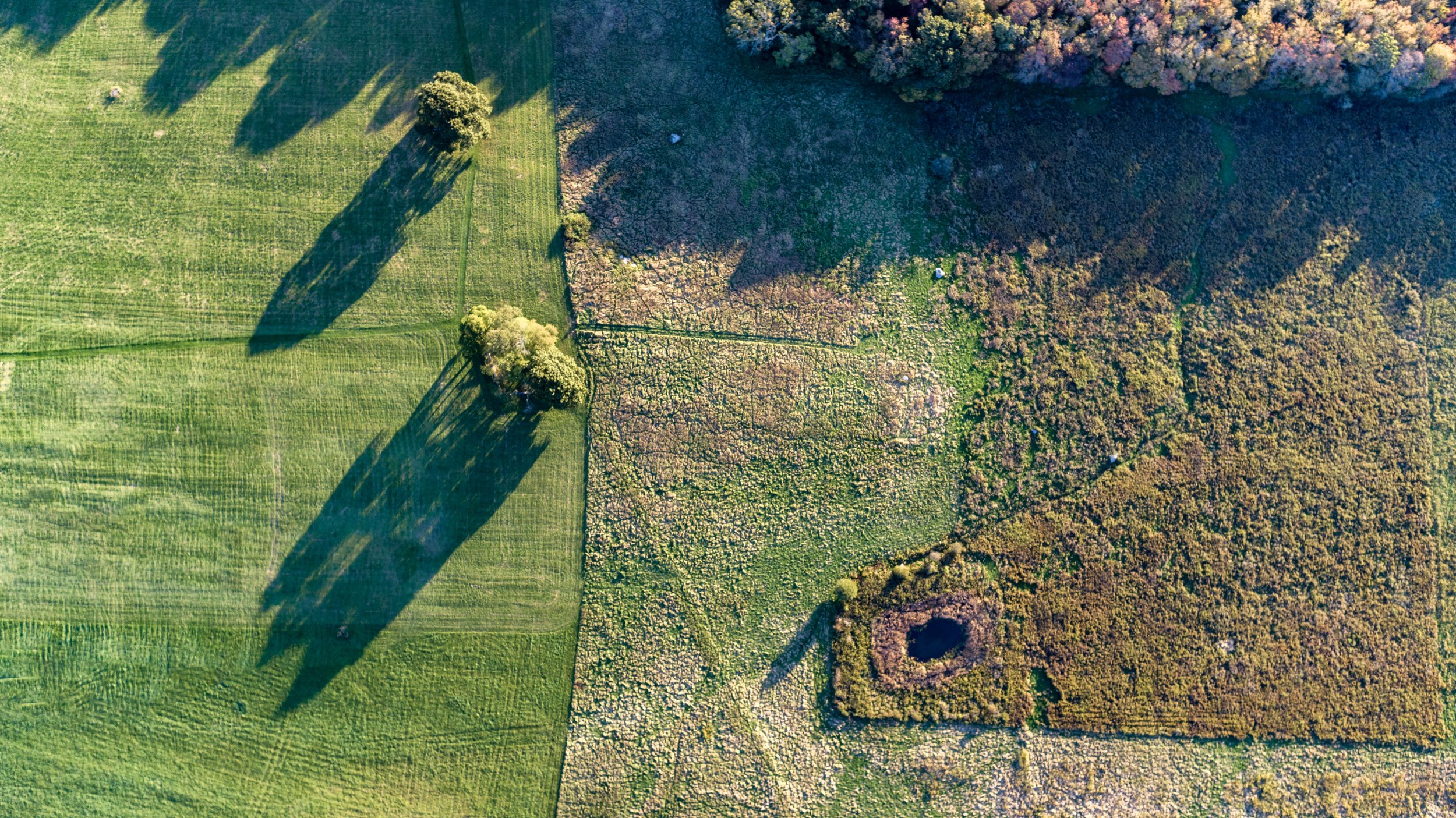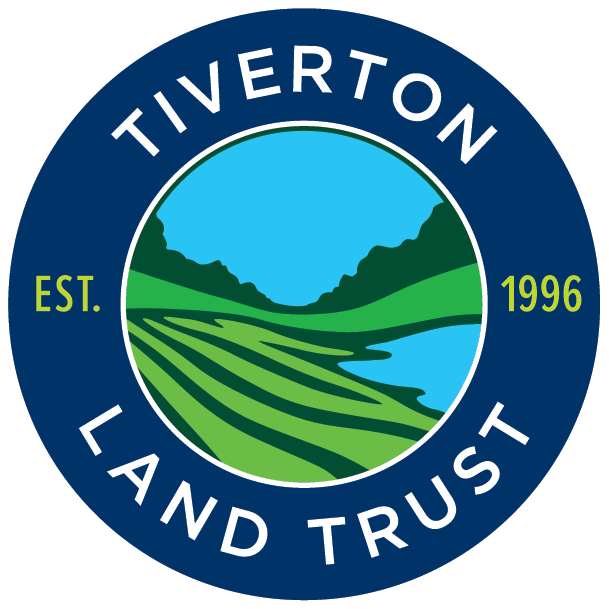
The Benefits
of Land Protection
Local conservation has national and local impacts.
Across the country, land trusts are protecting lands close to home to improve our quality of life and the health of our local communities, while also addressing some of the greatest challenges facing our nation.
There's an urgent need for increased land conservation to address critical challenges facing our society. From conserving wildlife habitat, ensuring clean drinking water, saving family farms and protecting land for future generations.
The Economic Benefits of Land Conservation.
The conservation of natural lands and of working farms can generate financial returns, both to governments and individuals, and create significant cost savings.
In addition to health and food benefits, conserving land increases property values near greenbelts, saves tax dollars by encouraging more efficient development, and reduces the need for expensive water filtration facilities. Study after study has demonstrated the tremendous economic benefits of land conservation.
Conserving natural lands, working farms, and forests, and the creation of trails and parks are often viewed in terms of their costs. Yet these often generate financial returns, both to governments and individuals, and create significant cost savings to governments in the provision in services.
Preservation projects can have a greater economic return than the money initially invested into the project. This is not meant to state that conservation is always good and development always bad. Nor is it meant to diminish the importance of the environmental reasons for conservation.
Land Conservation Helps Protect Our Drinking Water
Open spaces help protect groundwater recharge areas. This purifies the groundwater and maintains sufficient levels to provide drinking water for approximately 40% of the town area and eliminating the need for additional publicly funded water systems. This process also reduces surface water runoff, which is very important for natural flood control.
Answer reproduced from the Tiverton Comprehensive Community Plan, 2006 Draft.

